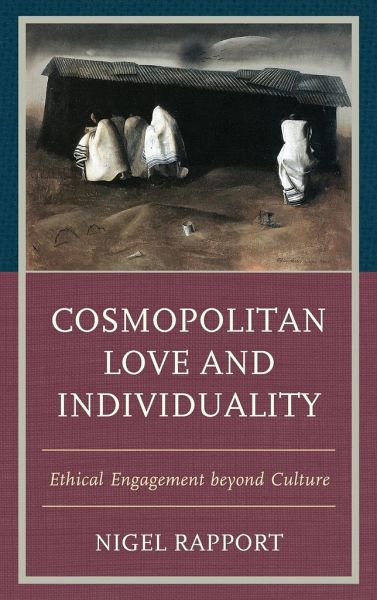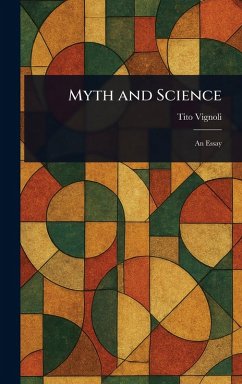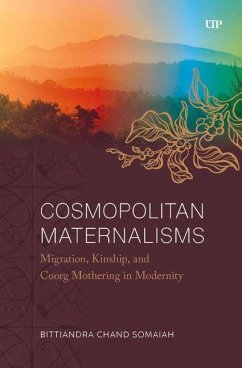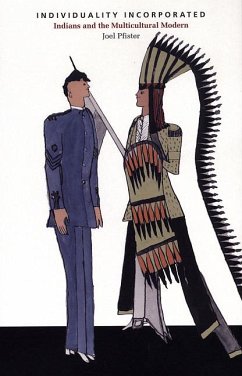
Cosmopolitan Love and Individuality
Ethical Engagement beyond Culture
Versandkostenfrei!
Versandfertig in über 4 Wochen
110,99 €
inkl. MwSt.
Weitere Ausgaben:

PAYBACK Punkte
55 °P sammeln!
Cosmopolitan Love and Individuality outlines the quest for an ethic of social recognition and inclusion based on shared humanity rather than membership of fictional social, and cultural groupings such as religions and ethnicities. The book proposes love as the glue for social inclusion, where love is the emotional recognition of others.













